
The Minister of Environment and Energy, Kostas Skrekas, participated and spoke in a debate on the energy security of European consumers and the mitigation of the effects of the international energy crisis, in the framework of the Political Assembly organized by the European People’s Party (EPP) in Lisbon.
“Energy security and the support of Greek consumers in focus”
Mr. Skrekas stated that the Greek Government has already directed 7 billion euros to support consumers in the face of the international energy crisis, while he presented the country’s strategic plan for weaning off Russian fossil fuels. Mr Skrekas noted that Greece has implemented an excess revenue recovery mechanism from power generators, which funds consumers’ electricity bills, and has so far contributed more than €2.5 billion towards subsidizing household and business electricity bills.
Greece is also investing in critical energy infrastructure to safeguard the country’s energy security, such as the IGB pipeline and the FSRUs in Alexandroupolis and Corinth, while upgrading the liquefied natural gas station in Revythoussa, significantly increasing its storage capacity. LNG capacity in Greece is estimated to exceed 20 billion cubic meters within the next two years.
Greece has also achieved electricity demand reductions of up to 13% on a monthly basis. National natural gas demand fell 18% year-on-year and 34% in the last three months, compared to last year.
Also, during his presentation, Mr. Skrekas emphasized that the current design of the electricity market must be re-evaluated, as it cannot serve the green transition and social cohesion at the same time.
“Green transition – The only way to affordable energy prices”
The Minister of Environment and Energy referred extensively to the Greek Government’s initiatives to accelerate the green transition, stressing that it is the only path to mitigating the climate crisis, achieving affordable energy prices for households and businesses, as well as the key to energy security and autonomy, noting that in 2022, an additional 2 GW of RES will be installed in Greece. Greece ranks 2nd in the world, proportional to its GDP, regarding the attractiveness of renewable energy investments, according to the recent Ernst&Young study. The country’s renewable energy capacity, currently at 10 GW, will almost triple by 2030.
Latest News

PM Mitsotakis to Chair New Democracy’s Committee Meeting
Today’s meeting is seen as a crucial opportunity to halt internal disputes within ND and reaffirm unity within the party.

Trump Tariffs Jeopardize Growth: Piraeus Chamber of Commerce
The tariffs, aimed at reducing the U.S. trade deficit, are expected to have both direct and indirect effects on the European economy

EU Condemns Trump Tariffs, Prepares to Retaliate
As tensions escalate, the EU is expected to continue negotiations with Washington while preparing for potential economic retaliation.

The Likely Impact of Trump Tariffs on Europe and Greece
Trump tariffs are expected to negatively affect economic growth in the Eurozone while Greece's exports could take a hit.

Motor Oil Results for 2024: Adjusted EBITDA of 995 mln€; Proposed Dividend of 1.4€ Per Share
Adjusted EBITDA for 2024 was down 33% yoy. The adjusted profit after tax for 2024 stood at 504 million euros, a 43% decrease from the previous year

Cost of Living: Why Greece’s 3% Inflation Is Raising Alarm
Greece appears to be in a more difficult position when it comes to price hikes, just as we enter the era of Trump’s tariffs.

Fitch Ratings Upgrades the Four Greek Systemic Banks
NBG’s upgrade reflects the bank’s ongoing improvements in its credit profile, Fitch notes in its report, including strong profitability, a reduction in non-performing exposures (NPEs), and lower credit losses

Trump to Announce Sweeping New Tariffs Wednesday, Global Retaliation Expected
With Trump's announcement just hours away, markets, businesses, and foreign governments are bracing for the fallout of one of the most aggressive shifts in U.S. trade policy in decades.

Inflation in Greece at 3.1% in March, Eurostat Reports
Average inflation in the eurozone settled at 2.2%, compared to 2.3% in February

Greece’s Unemployment Rate Drops to 8.6% in February
Despite the overall decline, unemployment remains higher among women and young people.





























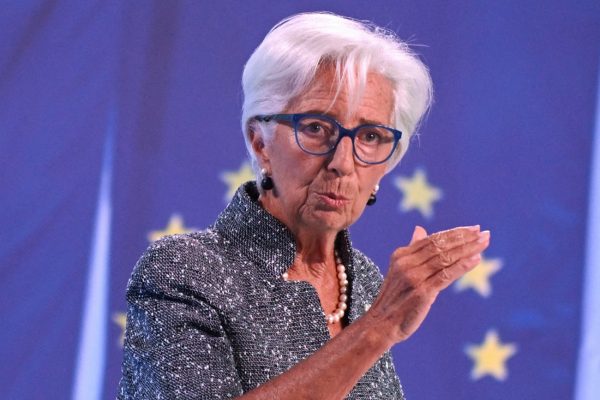


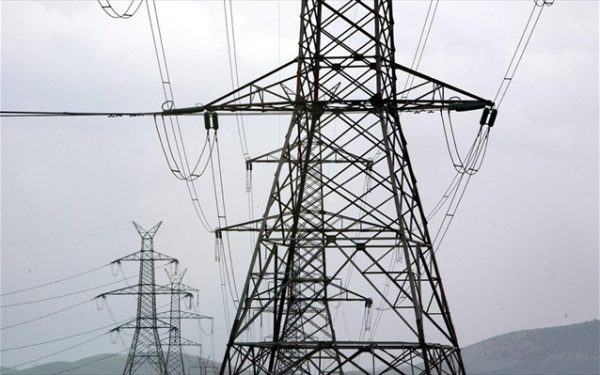

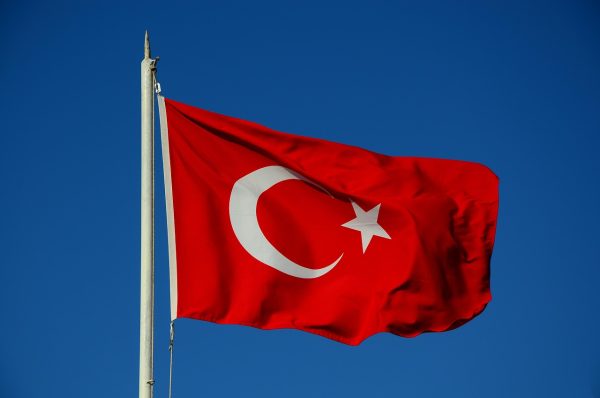
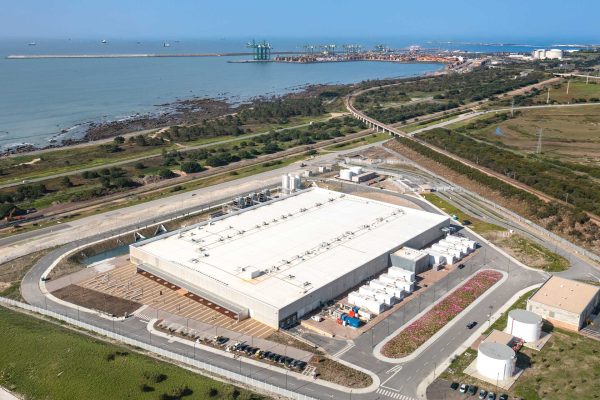

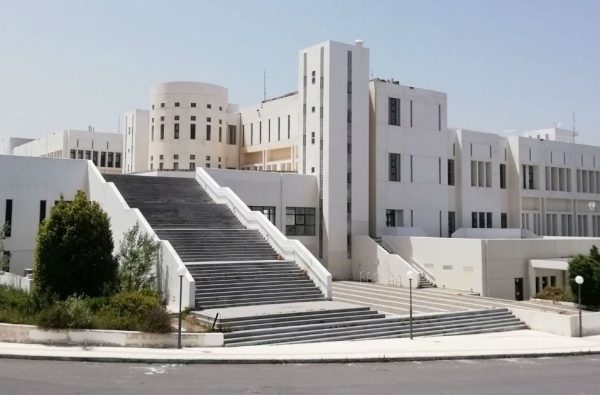



 Αριθμός Πιστοποίησης
Αριθμός Πιστοποίησης